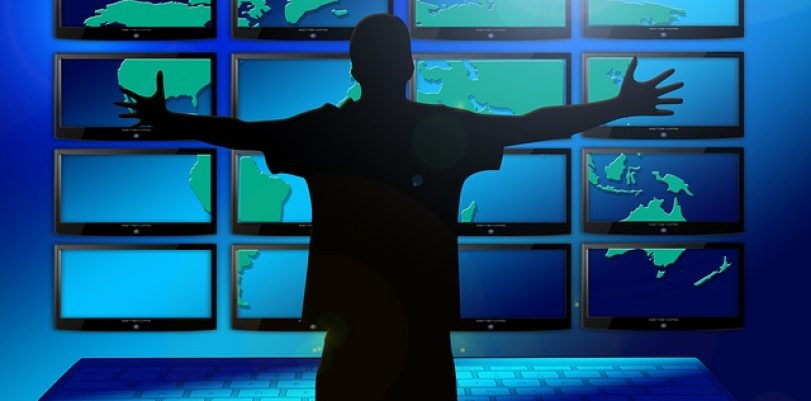The public was shocked last Friday after the Commissioner of the Australian Federal Police openly admitted misuse of the metadata that the telecommunication companies were forced to record.
As expected, this was quite a scandal, especially since barely a fortnight has passed since the deadline for installing data retention systems in telcos has passed, and now, the AFP himself is reporting on the metadata laws breach, and worst of all, placing the blame on “human error”.
Officer Made no Response
Andrew Colvin, the AFP commissioner has continued with the report and said that the officer in question made no offense under the Act, and therefore won’t be punished for. The former member of the AFP, Alastair MacGibbon, that’s current adviser to the prime minister on matters of cybersecurity has said on Twitter that “It’s clear this is a story of human error which AFP caught themselves thru [sic] audit & owned. That’s transparency & accountability.”
The message here is that the AFP is doing a good job, they’re apologizing for mistakes they’ve made and that you should continue to trust them. Even though they’re spying on your data as they see fit, and that they’ve even legalized it.
So how was AFP caught in misusing the info?
Well, the telcos are required to record a bunch of metadata, including the call records and location of the caller, their billing info and IP addresses, and other data. However, when it comes to journalists, they need warrants if they seek to uncover journalist’s sources.
Such warrants aren’t even going to be seen, but what’s important is that they have them so that they won’t break any laws when it comes to democracy and freedom of the press. On the other hand, the AFP can ask for metadata of anyone thought to be a source and see if there was a contact with the journalists.
After this was revealed, the only message on the internet was a call for using VPNs. However, this hardly seems enough to protect the privacy, as was shown on Friday, and the only way to protect the sources is not to communicate with them via phone. Not even physical meeting would be enough since the government can ask for the phone’s location. Emails are also out because that data is also allowed to be checked out by the AFP. The problem is that now, the AFP has to work for the data, but if the journalist warrants existed, they’d have the right to simply take it without question.
Protecting your Info without VPN is Impossible!
This means that complete protection is impossible unless the system itself ends, and that’s hardly going to happen anytime soon in Australia.
Back in 2015, a former intelligence officer, Andrew Wilkie tried to warn about this development and said that the need of warrants may make the process of obtaining information slow and hard, but that this would be the only way to ensure at least some privacy. Right now, the AFP has the right to ask for everything, and they most likely will, it’s their job to know, but it’s the job of the people to protect themselves.
What’s important is that VPNs are helpful, but they’re not nearly enough to deal with this and that better, and more permanent solution needs to be found, and fast.

dailytut
Thanks for making that loud and clear. Many VPN companies claim that they are going to give 100% anonymity to its users. They sell in huge numbers after the announcement.
Robin
OZIOMA ANYASI
yes they can sell more better VPN if they can. they only need to improve their system and do as they say. they are many companies that give better VPN services at low cost.